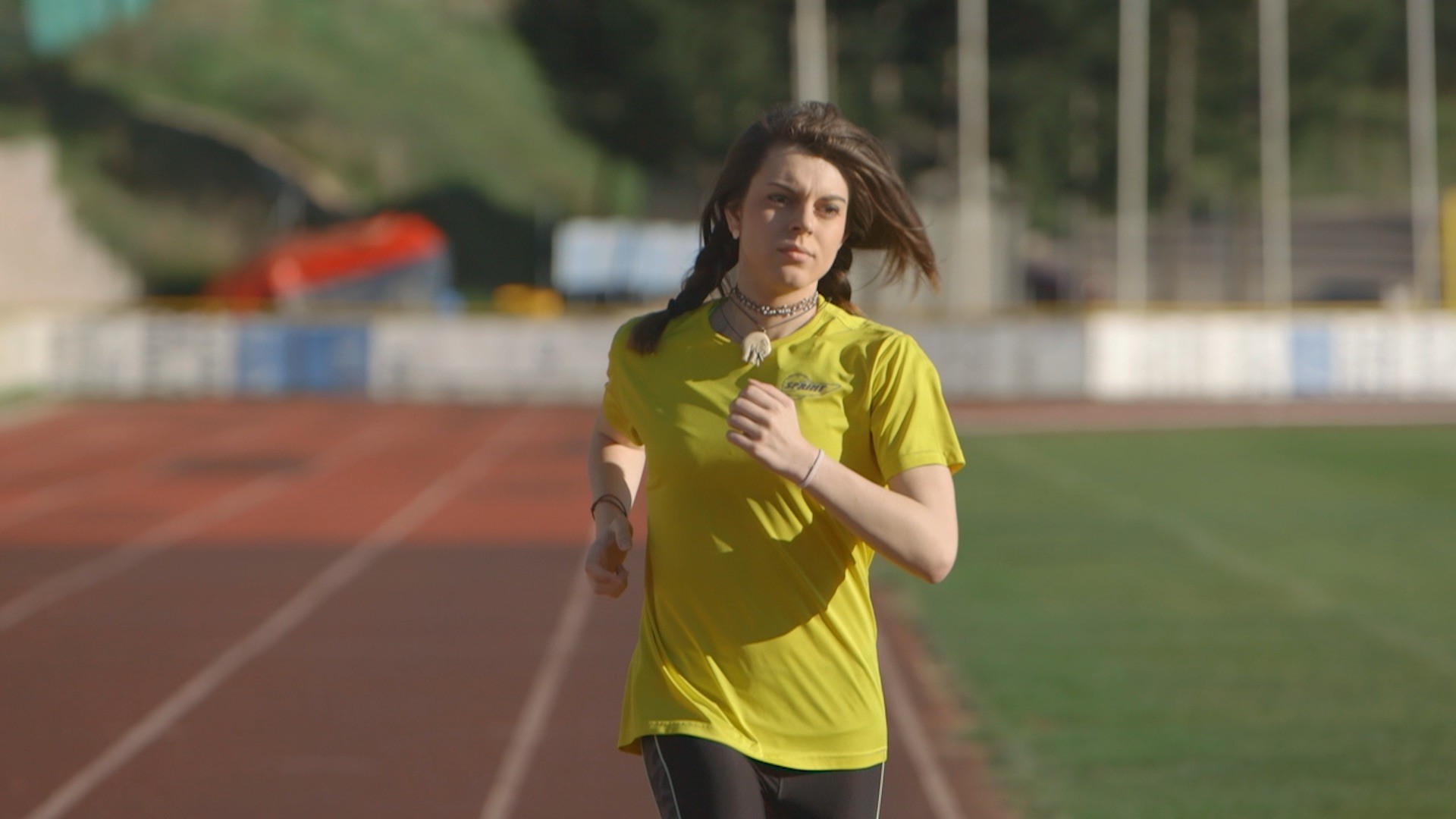Studio Firma/Stocksy
Since the days of the ancient Greeks and Romans, it's been a widely held belief—particularly among men—that they should avoid sex before any type of sporting competition. The no-sex-before-sports rule is rooted in a fear that sex will sap men of their testosterone and energy, thereby harming their athletic performance.Consistent with this idea, it’s easy to find news reports about boxers, football players, MMA fighters, soccer players, and other athletes who abstain from sex (often at the urging of their coaches) during training or around major competitions, such as the Olympics and the World Cup.Clearly, a lot of men believe that sex and sports don’t mix—but do they have any real reason to be worried? Will a pre-competition roll in the hay necessarily drain your strength? According to a new study published in The Journal of Sexual Medicine, this fear doesn’t seem to be based in reality.In the study, researchers at California State University, San Marcos provided the first-ever data looking at whether previous-day sex affects the amount of muscle force men can exert with their legs the following day. They studied 12 healthy young men (age 25 on average) who had their leg strength and endurance tested twice: once on a day when they had sex the night before, and again on a day when they had abstained from sex the previous night. The exercises the men engaged in focused specifically on quadriceps and hamstring torque.
More from VICE:
It turned out that whether men did or didn’t have sex the night before (defined specifically as intercourse with orgasm) had no impact on either the average or maximum torque achieved. Self-reported levels of physical and mental fatigue didn't differ across sessions, either. In other words, sex didn’t make men act—or feel—any weaker.These findings are consistent with a small, previously unpublished study out of Canada finding that sex didn't impact men’s grip strength or vertical jump the next day.Obviously, there are some important limitations of this new study: One is that masturbation wasn’t assessed and compared. Another is that only men were studied and the samples were small. With so few participants, you can’t meaningfully look at certain factors, like when exactly sex took place—and some research suggests that the precise timing of sex could very well be important.A 2016 review of the scientific literature on sex and athletic performance published in the journal Frontiers in Physiology concluded that having sex within two hours of a competition undermines performance. So while previous-night sex doesn’t seem to be an issue, having sex immediately before a competition is another matter—perhaps because many of us get sleepy after sex.Another big limitation of this study—and pretty much all of the other research in this area—is that it ignores the quality of the sex people had and the broader relationship context in which sex occurred. For example, did you experience any performance issues (like erectile difficulties) during sex? Did you and your partner argue or fight about anything during or after?If you left the experience feeling badly about your performance and/or your relationship, it’s easy to see how that could create a lingering psychological distraction that affects how well you do in a subsequent competition. But if you left feeling good, validated, and supported, it’s quite possible that sex could even enhance your performance.This is an area where more research is clearly needed, especially research that gives due consideration to the nature of the sexual experience itself and its psychological impact. This is probably a case where context matters a lot, and different people will have different experiences as a result.That said, one thing we can take away from the research on this topic so far is that sex is not inherently detrimental to men’s strength or athletic performance the following day. If it were, that would have shown up in these data—but it didn't. As a result, there’s simply no scientific basis for a blanket recommendation to avoid sex during training and competition periods.Justin Lehmiller is a research fellow at The Kinsey Institute and author of the blog Sex and Psychology. His latest book is Tell Me What You Want: The Science of Sexual Desire and How It Can Help You Improve Your Sex Life. Follow him on Twitter @JustinLehmiller .Sign up for our newsletter to get the best of Tonic delivered to your inbox.
Advertisement
More from VICE:

It turned out that whether men did or didn’t have sex the night before (defined specifically as intercourse with orgasm) had no impact on either the average or maximum torque achieved. Self-reported levels of physical and mental fatigue didn't differ across sessions, either. In other words, sex didn’t make men act—or feel—any weaker.These findings are consistent with a small, previously unpublished study out of Canada finding that sex didn't impact men’s grip strength or vertical jump the next day.Obviously, there are some important limitations of this new study: One is that masturbation wasn’t assessed and compared. Another is that only men were studied and the samples were small. With so few participants, you can’t meaningfully look at certain factors, like when exactly sex took place—and some research suggests that the precise timing of sex could very well be important.
Advertisement
